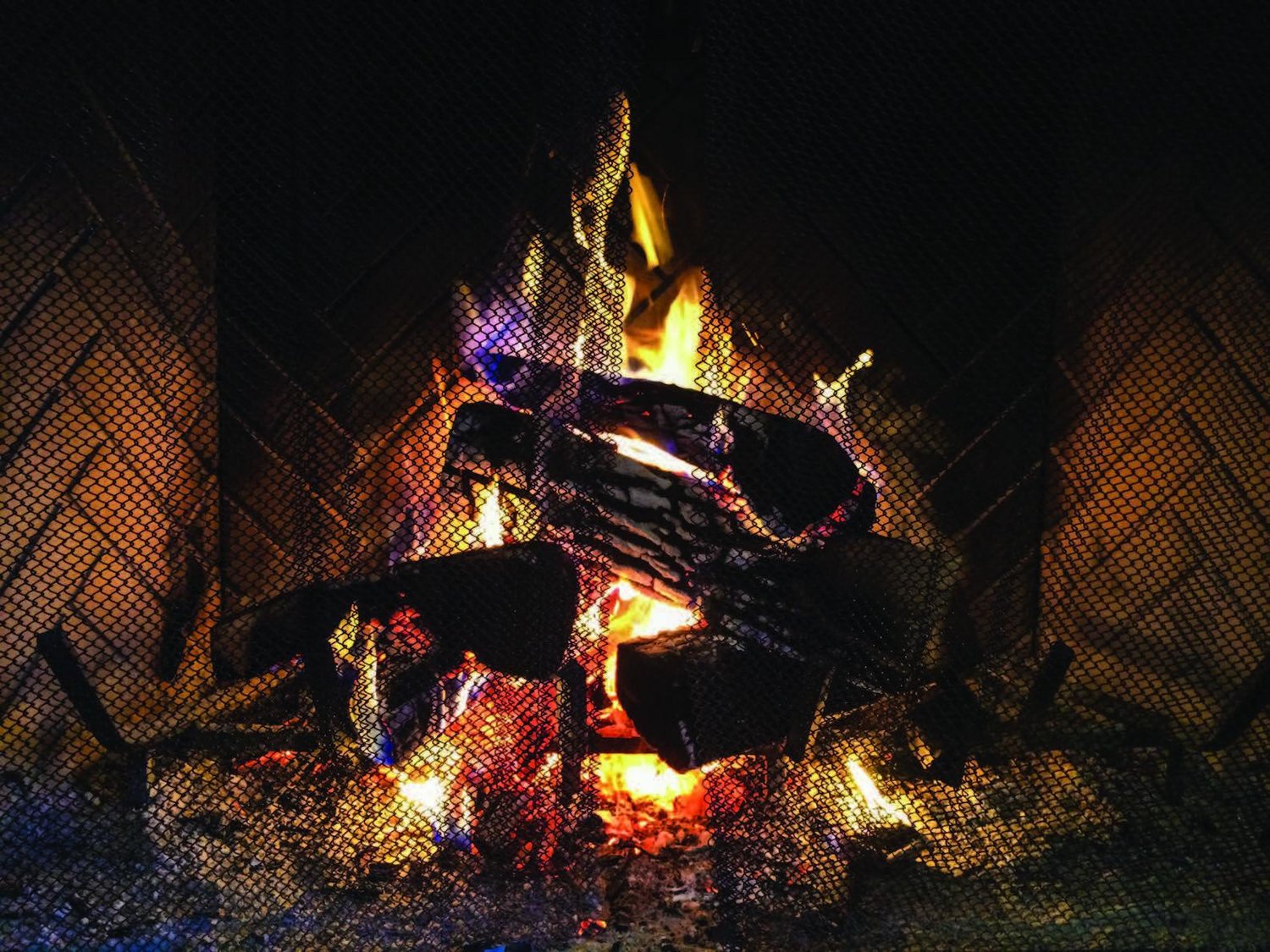How to be fire safe as temperature drops
When cold weather moves in, South Carolinians tend to turn on space heaters or enjoy the warmth from a fireplace.
State Fire Marshal Jonathan Jones is urging citizens to be especially …
This item is available in full to subscribers.
Subscribe to continue reading. Already a subscriber? Sign in
Get 50% of all subscriptions for a limited time. Subscribe today.
Please log in to continueNeed an account?
|
How to be fire safe as temperature drops
When cold weather moves in, South Carolinians tend to turn on space heaters or enjoy the warmth from a fireplace.
State Fire Marshal Jonathan Jones is urging citizens to be especially careful as this time of year is historically dangerous for residential fires and fire deaths.
“Each season brings with it changes in the weather and our daily habits,” Jones said. “However, the risk of fire always increases any time heaters are turned on and fireplaces are in use."
More home fires occur during the winter months than during any other part of the year, Jones said.
Last year, there were 29 fatal fires resulting in 33 fire deaths in South Carolina. 10 were heating related.
Keep your family safe by:
- Only use kerosene heaters and space heaters according to the manufacturer’s instructions. Inspect the heater for cracked or broken plugs. If frayed, worn, or damaged, do not use the heater.
Keep the unit on a flat surface at least 3 feet away from anything that can burn. Don’t let pets or children play too close to the heater.
Never leave heaters unattended.
Refuel a kerosene heater outdoors.
Always plug the space heater directly into the wall, not an extension cord or power strip; unplug when not in use.
Don’t use either to dry wet clothing.
- Heating pads and electric blankets also pose a fire risk – especially if more than 10 years old. Don’t place anything on top of either one while in use – this includes other blankets or pets. Never fold electric blankets or use while sleeping.
- Portable generators produce odorless and deadly carbon monoxide. Follow manufacturer’s instructions to prevent death from carbon monoxide. Never use a generator indoors.
- Keep lit candles out of reach of children and pets. Never use a candle if oxygen is used in the home. Use sturdy candle holders and extinguish upon leaving a room or going to sleep.
- Make sure the fireplace has a sturdy screen to stop sparks from flying into the room. Only burn seasoned and dried wood.
Avoid hanging decorations around the fireplace area.
Never burn wrapping paper in a fireplace.
Never put ashes in a cardboard box or bag.
- Chimneys should be cleaned and inspected every year by a qualified professional. If not, they can become filled with highly flammable layers of creosote.
- Do not use the kitchen stove or oven to heat the home. Neither are designed to heat large areas, and the element may fail causing a fire.
Never leave food cooking on the stove unattended.
Smoke alarms should be installed on every level of the home - inside and outside of sleeping areas.
Sleep with the bedroom door closed. Closing the door can increase your chance for survival by slowing the spread of fire and smoke.
“Every second counts when escaping a fire,” Jones said. “Take a few minutes to test and check your smoke alarms. If any of the alarms are more than 10 years old, they need to be replaced.”
Lastly, if there is a fire emergency, call 911 as soon as possible and remain outdoors. Never return inside a burning building for any reason.
Keywords
Lexington County, fire safetyOther items that may interest you







Comments
No comments on this item Please log in to comment by clicking here